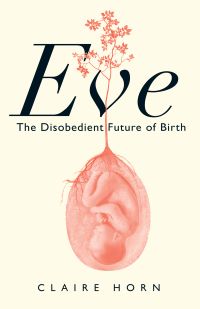Eve
Éditeur : Anansi International
ISBN numérique ePub: 9781487012274
Parution : 2023
Catégorisation :
Livres numériques /
Autre /
Autre /
Autre.
Formats disponibles
| Format | Qté. disp. | Prix* | Commander |
|---|---|---|---|
| Numérique ePub Protection filigrane*** |
Illimité | Prix : 11,99 $ |
*Les prix sont en dollars canadien. Taxes et frais de livraison en sus.
***Ce produit est protégé en vertu des droits d'auteurs.
Description
A radical interrogation of the ethics and future of birth by an expert legal scholar.
Every single one of us has been born from a person. So far. But that is about to change. For the first time, babies could be gestated and born from machines through “Ex-vivo Uterine Environment Therapy,?? aka EVE. But such radical technology leaves us with complex legal, social, and ethical questions. What does this breakthrough in artificial human gestation mean for motherhood, womanhood, and parenthood? Countries and people that do not respect the autonomy of pregnant people may use these technologies to curtail choice further, advance eugenic ideas, or to deepen class and racial divides.
In this fascinating story of modern birth, Claire Horn takes us on a journey from the first orchid-like incubators in the 1880s to the cutting-edge scientific breakthroughs of today. As she explores the most challenging and pertinent questions of our age, Horn reflects on her own pregnancy. Could artificial wombs allow women to redistribute the work of gestating? How do we protect reproductive and abortion rights? And who exactly gets access to this technology, in our vastly unequal world?























